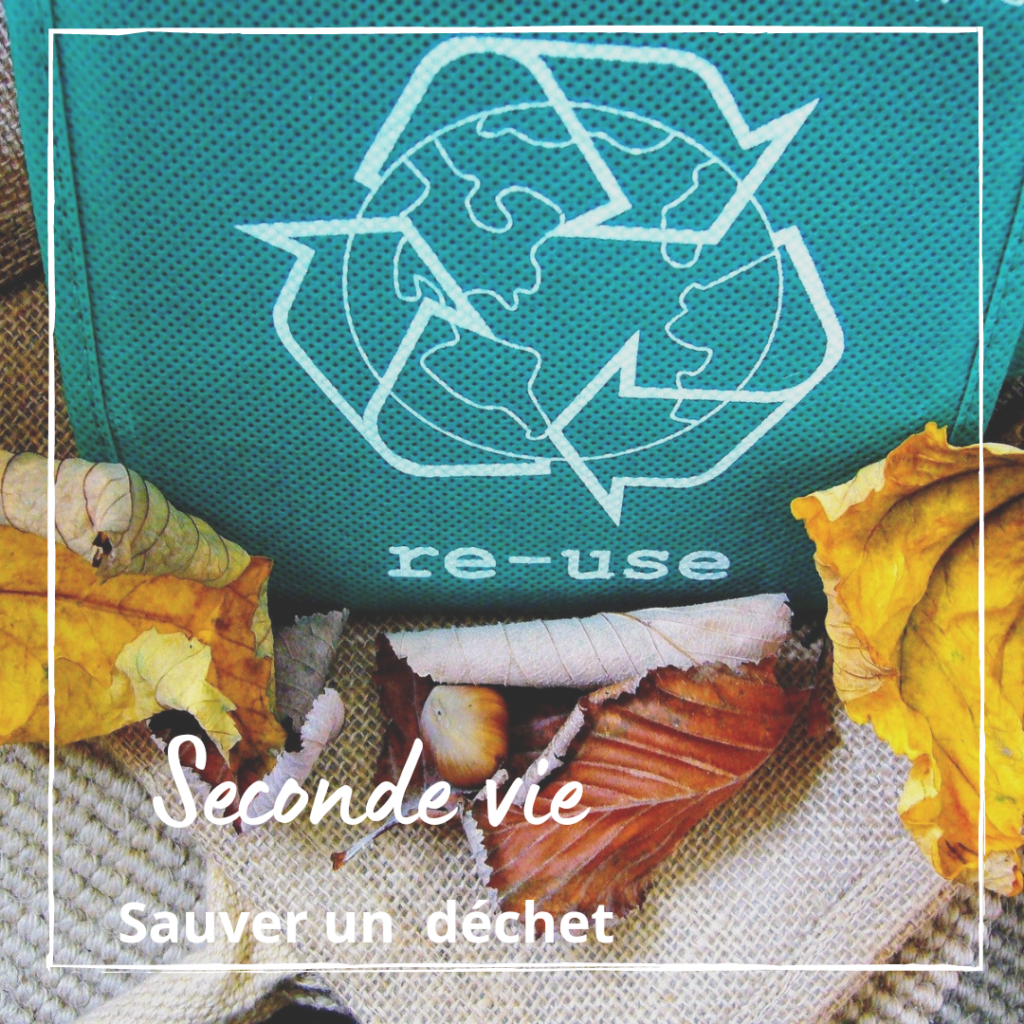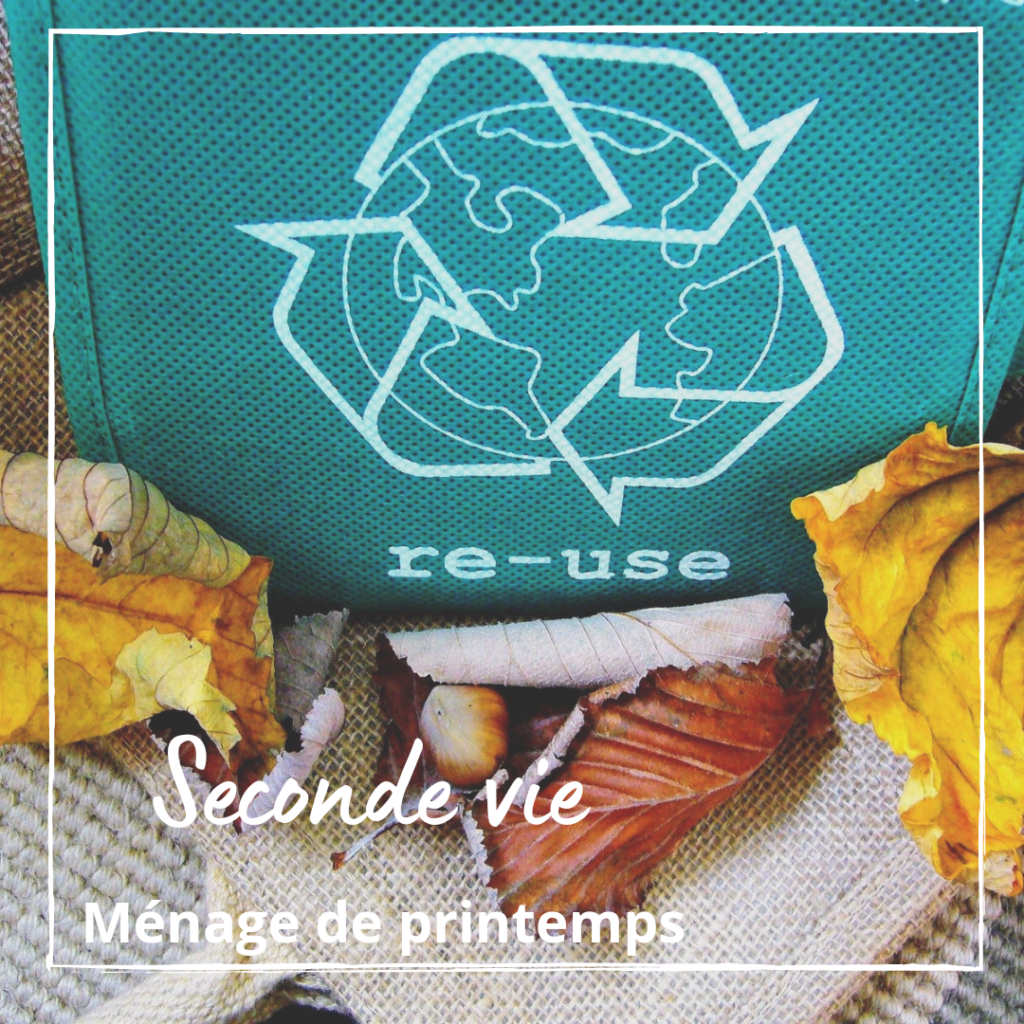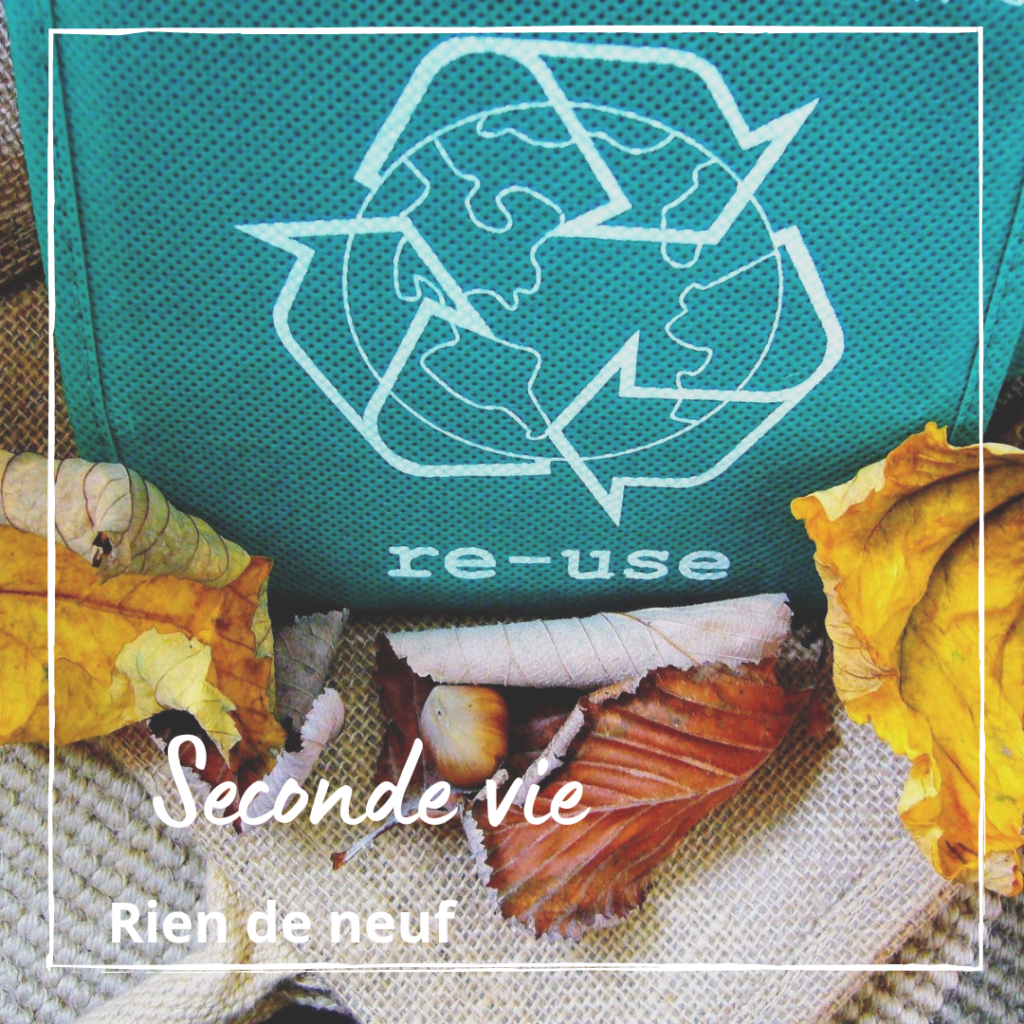
Second life
Buy the latest smartphone because it's trendy... go on sale and come back with yet another pair of jeans because it was a good deal... buy a new vacuum cleaner because the old one is broken and repairing it was complicated... throw it away the toys of children who have grown up well because it is simpler...
So many examples showing the failings of our consumer society.
Changing consumption habits can take a long time. And yet, avoiding systematically buying new or throwing away objects that could still be used is within everyone's reach!
So if we started to consume differently !

Save a waste
Before throwing it away, can I repair it? or find another use: up-cycling?
Tips : If you are not the handyman type, head to the Repair Café or a company dedicated to the repair of electronic equipment and household appliances. And for those with a creative soul, head to creation sites to recycle your objects like this upcycling for everyday items.
Nothing is lost, everything is transformed !
Throwing away has become an (too) easy automatism. However, repairing these objects is part of a real commitment to the planet; in addition to the economic aspect.
According to the American agricultural economist Lester Brown, there are less than 50 years before certain natural resources (lead, tin, iron, bauxite, etc.) have completely disappeared from the surface of the globe.
Since January 1, 2021 in France, a "repairability index" has been implemented as part of the anti-waste law.

Spring cleaning
Major cleaning in the cupboards; the attic … We sort and put aside the objects / clothes that are no longer used to resell or give them away.
Why keep what you don't wear/use?
Tip : For my American Friends, look up to the local thrift shop and for my French Friends, a website to give Maison du tri
Do you know that you only wear 20% of your wardrobe!! The textile industry is the third most water-consuming sector in the world after the cultivation of wheat and rice, i.e. a use of 4% of the drinking water available in the world. (Source : Oxfam France)
And according to a report by Ademe, the French estimate that they have 34 electrical and electronic devices per household. They actually have 99 of them… 6 of which are never used and which could be given a second life!

Nothing new (or almost)
For 10 days, avoid buying new items such as furniture, household appliances or even clothes.
Tips : les alternatives foisonnent autour de soi … de second-hand purchase, rental or loan until repair or even creation of object.
The idea is to ask yourself the question before any purchase: "can I do something else ? » And if it is imperative to buy, then the best advice is to buy durable and quality!
Behind each new object hides a mountain of natural resources for its creation. So by trying to buy as few new items as possible, we also preserve the resources of our planet.
For example ; renouncing the purchase of a new washing machine means saving 37 kilos of steel, 18 kilos of concrete, 13 kilos of plastic, 2.7 kg of aluminum and 1.4 kg of copper. To find this small kilo of copper, 11.2 tons of rock had to be moved to extract it.
In 2018, this action was the subject of a challenge launched by the NGO Zero Waste France over a whole year! More than 10,000 people mobilized to respond to the call for Zero Waste.
Source : ADEME, Agence de la Transition écologique
